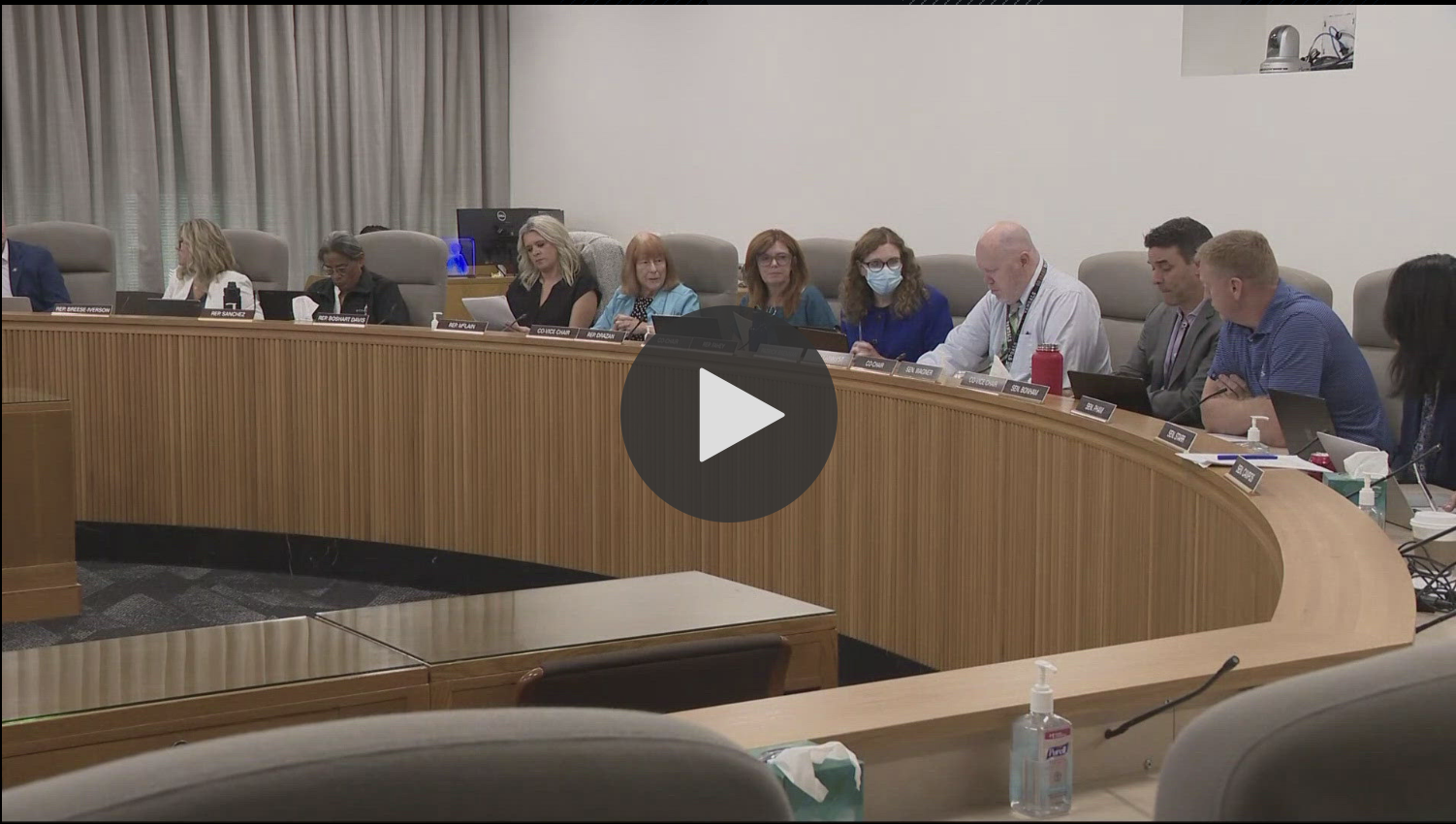Special Session Called After Regular Failure
SALEM, Ore. — Lawmakers at the Oregon State Capitol are preparing for pivotal votes Monday on a $5.8 billion transportation plan introduced by Gov. Tina Kotek. The special session was called in July after legislators failed to pass a funding package during the regular session, leaving the state’s transportation future uncertain.
Without new revenue, officials warn, the Oregon Department of Transportation (ODOT) could be forced to lay off hundreds of workers and make deep service cuts. Kotek’s new plan is designed to stabilize operations, preserve jobs, and maintain essential services rather than attempt a sweeping overhaul of the state’s entire system.
A Scaled-Back Proposal
The governor’s current proposal is roughly half the size of the one that collapsed earlier this year. By trimming the package to $5.8 billion spread over the next decade, Kotek hopes to strike a balance between economic realities and the urgent need to fund infrastructure and transit.
Her office has emphasized that the priority is to prevent layoffs and maintain bus, rail, and highway services that Oregonians rely on daily. Still, even the scaled-down version has proven divisive.
Heated Public Hearing on Labor Day
On Sunday, dozens of Oregonians testified during a joint public hearing at the Capitol. Their comments revealed the deep divisions among residents over how best to fund the system.
Some voiced frustration over new taxes, particularly increases to the gas tax and the public transit payroll tax. Small business owner Loretta Guzman expressed concern about the added burden.
“I’ve had to make cuts to hours, cutting employees, cutting products just to stay in business,” Guzman said. “Our city and state have made it obvious we are not valued by what we already contribute. We are not a money tree … we have to struggle harder or make cuts to our lives to fill your wants.”
Others argued that failing to act would devastate vulnerable communities.
Transit Access as a Lifeline
For many, especially those who rely on public transportation, the funding plan represents more than a budget fight—it is a matter of independence and survival.
“I’m blind and transit is not just an option for me, it is the key to my independence,” Salem resident Marge Byers told lawmakers. “Without transit, I would live a much more isolated life … depending on others for transportation, which means I’m living on their schedule.”
Supporters of the plan also noted that reliable transit services are critical for seniors, low-income residents, and workers who depend on buses and trains for their daily commutes.
Political Stakes and Timeline
The special session was scheduled to begin Friday at noon but was delayed several times as lawmakers negotiated behind the scenes. The House is expected to reconvene Monday at 10 a.m., with a vote likely the same day. The Senate is also set to take up the measure Monday.
Passage of the bill would provide ODOT with the revenue needed to maintain services, though the debate has highlighted broader disagreements over how Oregon should approach long-term infrastructure funding.
Balancing Costs and Needs
The divide reflects a fundamental tension: balancing the financial strain on households and businesses against the risk of losing vital services. While opponents argue that new taxes will deepen economic pressures, supporters insist that the costs of inaction—job losses, transit cuts, and decaying infrastructure—would be far greater.
As Oregon lawmakers prepare to cast their votes, the $5.8 billion plan has become more than a policy proposal. It is now a test of how the state will prioritize economic fairness, public services, and long-term investment in its transportation future.
















Leave a Reply